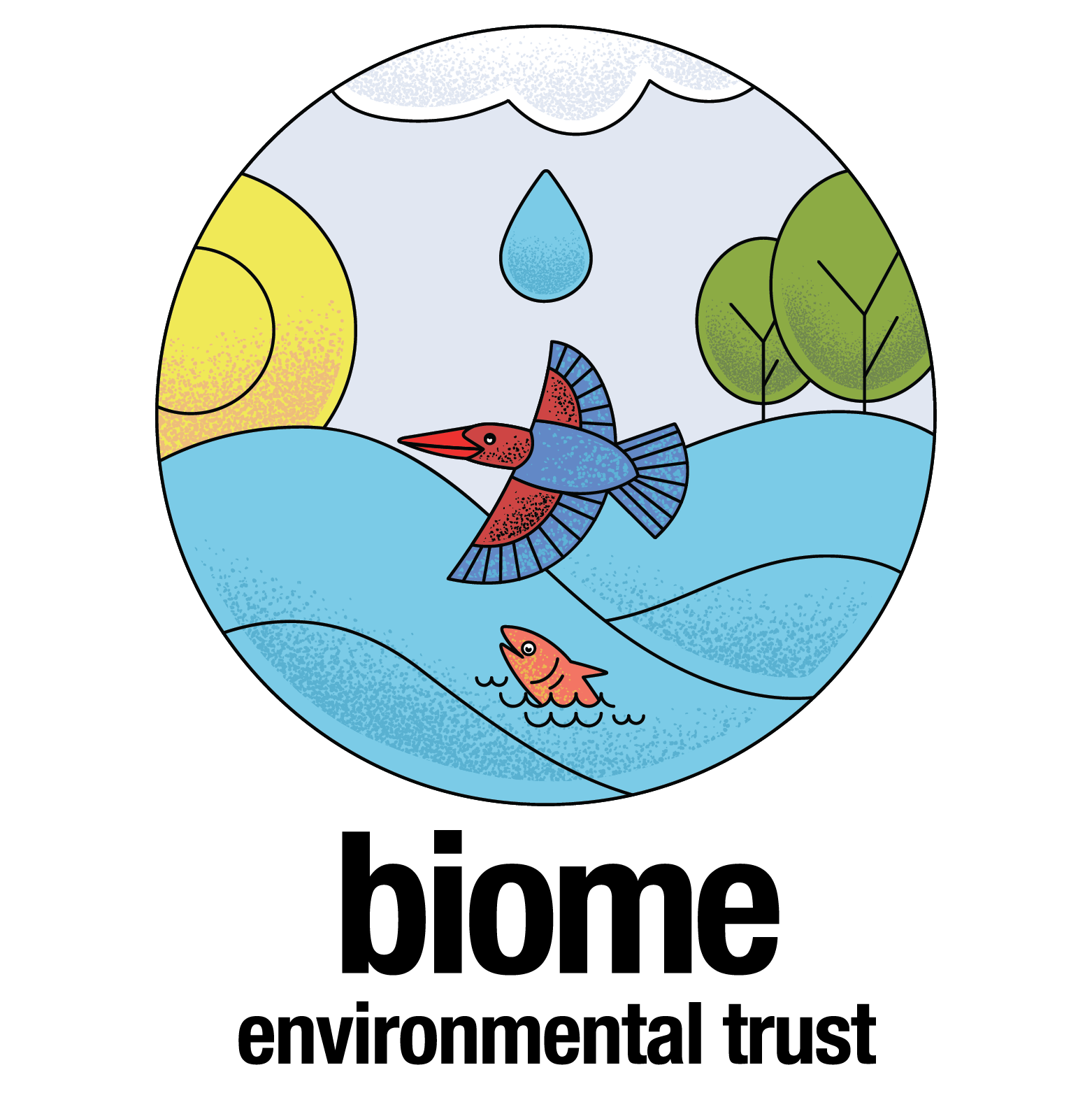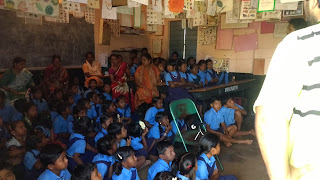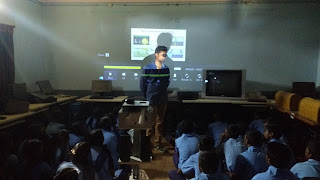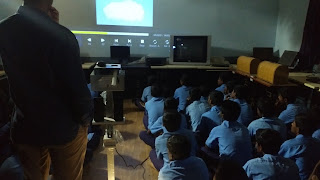We have been engaging with couple of government schools in
and around Bengaluru International Airport for the past couple of months. The
engagement is not limited to hard infrastructure components like rainwater
harvesting but also involves lot of soft components to create ownership,
handholding of the system for teachers and students.
and around Bengaluru International Airport for the past couple of months. The
engagement is not limited to hard infrastructure components like rainwater
harvesting but also involves lot of soft components to create ownership,
handholding of the system for teachers and students.
It was one of such sessions with Kannur Primary School and
Kadusonnapanahalli High School. In Kannur, the students were from 1st
to 5th standard whereas in Kadusonnapanahalli students of 10th
standard attended the session. The interaction focused on water cycle, facts
about water, water scarcity, and briefly touched upon water scarcity and
necessity of conservation. The session was mix of sharing videos, talking and
interaction.
Kadusonnapanahalli High School. In Kannur, the students were from 1st
to 5th standard whereas in Kadusonnapanahalli students of 10th
standard attended the session. The interaction focused on water cycle, facts
about water, water scarcity, and briefly touched upon water scarcity and
necessity of conservation. The session was mix of sharing videos, talking and
interaction.
The smiles on the faces
of small kids, especially the primary school kids, makes your day. Principal Ma’m
of Kannur Primary School, Ms. Manjula said, “Students are always happy to see something
on big screen. It just cheers them up and a good way of teaching them.” While
we had videos to be shown, we couldn’t get a video projector on time before the
session. Kadusonnapanahalli school had it in house so we weren’t worried about
it. But Kannur we weren’t sure. We reached the school and started talking to
the Principal Ma’m about showing the videos and she delightfully says, “We have
a projector.” She showed the projector and the set up and it was the most
amazing thing that I could have seen. The school is selected for ‘Meghshala’
project which uses audio-visual methods as learning aids.
of small kids, especially the primary school kids, makes your day. Principal Ma’m
of Kannur Primary School, Ms. Manjula said, “Students are always happy to see something
on big screen. It just cheers them up and a good way of teaching them.” While
we had videos to be shown, we couldn’t get a video projector on time before the
session. Kadusonnapanahalli school had it in house so we weren’t worried about
it. But Kannur we weren’t sure. We reached the school and started talking to
the Principal Ma’m about showing the videos and she delightfully says, “We have
a projector.” She showed the projector and the set up and it was the most
amazing thing that I could have seen. The school is selected for ‘Meghshala’
project which uses audio-visual methods as learning aids.
The whole set up comes with a small portable projector, a Wi-Fi
dongle, tripod, portable speaker, and a tab with in-built lesson plans. Projector
also has a USB port and USB chord to connect the speakers. This is such a
useful thing for the schools to have. Though the teacher still doesn’t feel comfortable
with using the this, and sometimes struggles with using USB, this learning
method has certainly caught the students’ attention. Kudos to the team. If you
have some information about such projectors, price, we would like to explore
more.
Kadusonnapanahalli school had its own set up and multiple
options to project. A big TV screen connected to a DVD player which somehow
couldn’t be used that day. A wall mounted projector wasn’t working. Finally, we
used portable solar powered projector donated to the school by Rotary.
options to project. A big TV screen connected to a DVD player which somehow
couldn’t be used that day. A wall mounted projector wasn’t working. Finally, we
used portable solar powered projector donated to the school by Rotary.
We sourced videos available freely on the web platform. We especially
thought the video by Agastya International foundation on Water cycle was very
useful. For one, it was in Kannada so students could follow it and second, it
was activity based so student understood the concept.
thought the video by Agastya International foundation on Water cycle was very
useful. For one, it was in Kannada so students could follow it and second, it
was activity based so student understood the concept.







Very heartwarming. Hope the next generation of kids from rural India will not miss learning opportunities. It is going to be very tough and hugely engaging task for all those connected with education.
Thanks for the informative article! waiting for your next post.- schools in bangalore.
best schools in bangalore.
good cbse schools in bangalore.